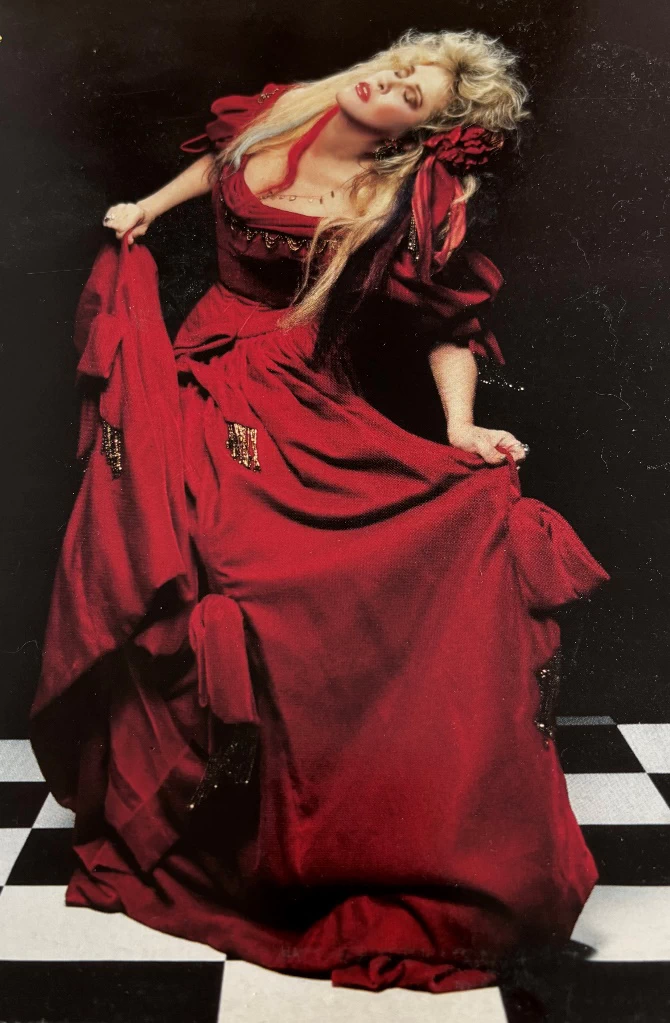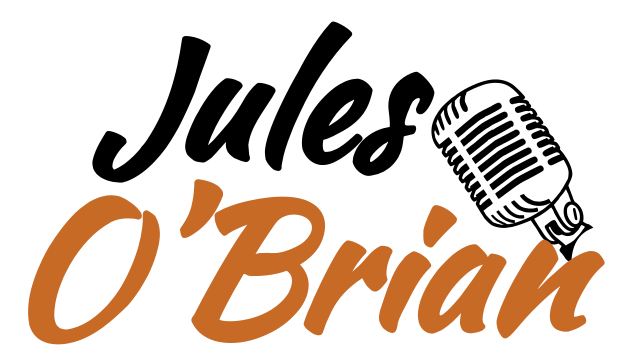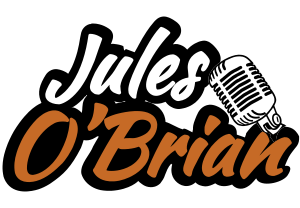
Explicit ageism: The last acceptable prejudice?
Stevie Nicks twirls across the stage, 74 years old, as enchanting and electric as ever. For those of us lucky enough to have witnessed her perform live—whether decades ago or just last summer—it’s undeniable that Stevie remains an icon. I saw her at Hyde Park with my friend, Laura, and together we experienced something unforgettable. Age didn’t matter. Not mine at 52, not Laura’s at 32, and certainly not Stevie’s. What mattered was the music, the energy, the connection.
So imagine my shock and fury when I scrolled through Instagram and saw a clip of Stevie performing—probably from that same tour—only to find the comments section littered with vitriol.
“Retire already.”
“Give it up.”
“Time to go to an old folks’ home.”
“Look at the state of it.”
What is wrong with people?
Let’s take a moment to unpack what’s happening here. Stevie Nicks is not a “has-been” clinging to a career. She’s an artist, a creator, a force of nature. She doesn’t perform because she “needs the money” or because she “doesn’t know when to quit.” She performs because that’s who she is. Artists don’t just hang up their talents like an old coat. To tell someone like Stevie to stop is to fundamentally misunderstand creativity.
And yet, explicit ageism thrives. It’s almost socially acceptable to dismiss someone purely based on their age. It’s as though there’s a magical moment—somewhere in your 50s, maybe?—where society collectively decides you should stop. Stop creating; stop producing; stop existing in public spaces.
Explicit ageism is the last “-ism” that people openly practice without a hint of shame. Imagine if we swapped ageism for sexism or racism in those Instagram comments….
Outrageous, right? And yet, “You’re too old” is a phrase people throw around without hesitation. We’ve made strides in other areas of equality, but when it comes to age? Society is still stuck in the Stone Age.
And the double standard for women? Don’t even get me started. Look at the flak Madonna gets for being unapologetically herself. The woman reinvented pop music, yet every comment she posts is met with: “Ugh, act your age!” Men don’t face the same scrutiny. Paul McCartney is still touring at 80, and people celebrate him. Women? We’re supposed to vanish into the background the moment we hit menopause.
What’s truly tragic is that this pervasive attitude isn’t just about celebrities. It seeps into everyday life. I feel it myself—this paranoia about getting older. That creeping suspicion that opportunities are passing me by, not because I lack the talent or drive, but because of the number on my birth certificate.
For women especially, ageing feels like a punishment. We’re told our value is tied to youth, beauty, and a fleeting sense of “relevance.” Pass 40, and suddenly, you’re invisible. Pass 50, and you’re actively pushed aside. Society doesn’t just ignore older women—it resents us.
But here’s the thing: Getting older isn’t a crime. It’s a privilege. Stevie Nicks is living proof of that. She’s out there doing what she loves, inspiring multiple generations, and proving that creativity doesn’t have an expiration date.
It’s time to stop the ageist nonsense. If you’re one of those Instagram commenters who thinks people like Stevie Nicks should “retire already,” ask yourself why. Is it because you’ve been conditioned to equate age with irrelevance? Is it jealousy that someone older than you is still thriving? Or is it just laziness—picking the low-hanging fruit of criticism instead of engaging with the art?
Here’s my challenge: Next time you see a woman over 50 thriving—whether it’s a rock star, a businesswoman, or your neighbour—celebrate her. Recognise the grit, talent, and sheer audacity it takes to keep showing up in a world that’s constantly trying to tell her to sit down.
Stevie Nicks isn’t “too old.” She’s timeless. And maybe, just maybe, the problem isn’t her. It’s us.
Listen to my Avoid Excessive Cleavage podcasts.
Find out where I’m going to be performing soon.
Other posts about ageing/ageism


